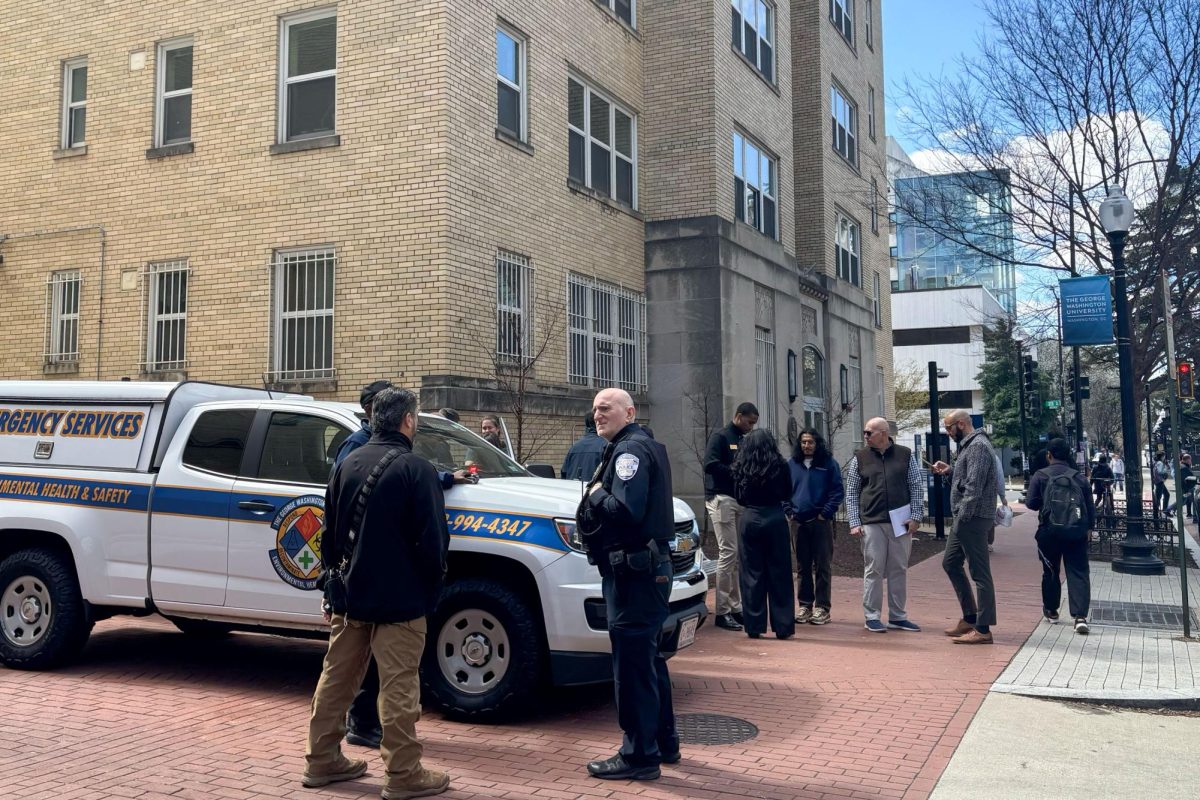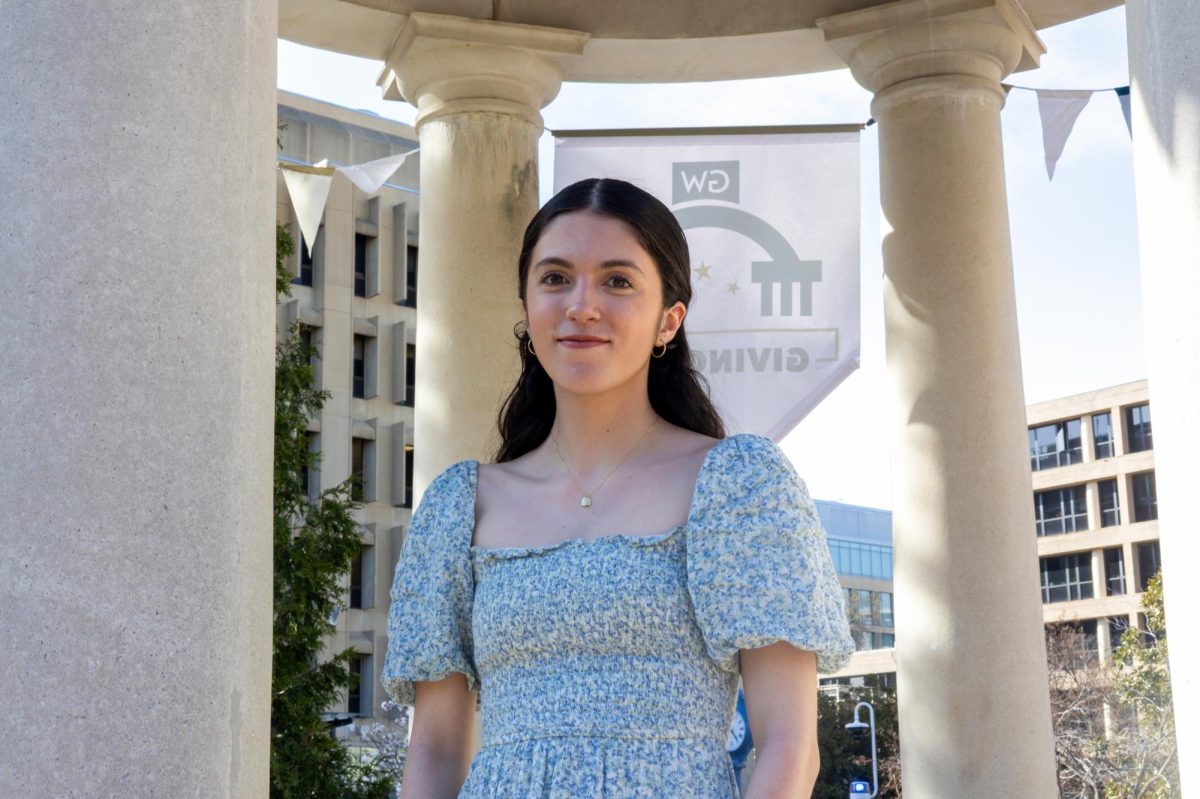GW journalism Professor Jean Folkerts was commissioned by the Food Lion corporation to study investigative techniques used in a 1992 television expos? of the supermarket chain.
Folkerts, director of the School of Media and Public Affairs, analyzed ABC News’ “Prime Time Live,” which accused the North Carolina supermarket chain of selling spoiled meat and cheese to customers.
“It was an ethics study,” Folkerts said. “It was not a determination of who was right and who was wrong.”
Food Lion has said it was angry at ABC for using improper techniques, including the use of hidden cameras, to gather its story.
Instead of suing the network for libel or slander, the grocer convinced a jury that “Prime Time Live” producers used false r?sum?s to secure jobs for its reporters in Food Lion stores.
In 1997, a federal jury awarded Food Lion $5.5 million after it found that ABC News committed fraud, trespassing and breach of loyalty. A federal judge, however, reduced the verdict to $315,000.
Food Lion has used the study to provide educators material to use in class discussions of journalism ethics. Folkerts said although the study was done as a consulting job, it only “poses questions, it doesn’t come to any conclusions.”
The case study was sent to 200 journalism schools across the county to be used as part of class discussions. Folkerts compiled it after reading court records from the case and viewing videotape ABC used in the show, according to a press release.
Folkerts said ABC was “not accurate in its representation” of facts surrounding the controversy.
The report urges journalism students to carefully evaluate their techniques and sources when writing a story, Folkerts said.






